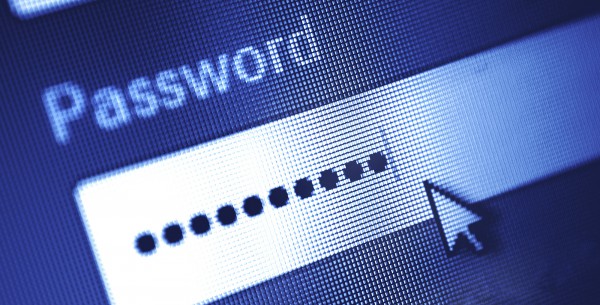The Department for the Economy has warned everyone to remain vigilant following a rise in reported fraud.
It said being isolated with friends or family could make people lower their guard.
Action Fraud, the UK's reporting centre for fraud, said there has been £4.6m in losses nationwide during lockdown.
To combat fraud, Trading Standards Service - a part of the Department for the Economy - is distributing 'Wash your hands of Coronavirus Scams' leaflets with food packages.
Coronavirus scams
In a statement, the department flagged a range of offences which had been used to target the public during the lockdown.
These included:
- Fake lockdown fines, which involved victims being contacted by bogus text messages claiming to be from the government
- Fake testing kits, or those that claim to cure or prevent Covid-19
- Fake companies, which purported to offer holiday refunds
- Online shopping scams, where products are not delivered, or untested lower-quality products were delivered
- Older people being targeted on their doorsteps by criminals offering to do their shopping
- Phishing emails, themed around the coronavirus, aimed at getting people to open malicious attachments
- Doorstep cleaning services, claiming clean drives, letterboxes, and doorways prevent the spread of the virus
- People on benefits being targeted through scams where they are offered help accessing government support
- Donations scams, where thieves claim to be collecting for a Covid-19 vaccine
Spotting a coronavirus scam
Scammers often make contact by email, phone calls, text messages, social media posts or calling at your door.
- If in doubt, apply the 'scam' test:
- s - seems too good to be true
- c - contacted out of the blue
- a - asked for personal details
- m - money is requested
Protecting yourself from becoming a scam victim
- There are things you can do to protect yourself from becoming a scam victim:
- don’t rush into buying anything – take time to research any goods you may wish to buy and check out emails or messages appearing from government agencies or requests for money made over the internet
- banks, building societies, utility companies, lottery organisers, law enforcement or statutory bodies will never:
- ask you to transfer money over the phone to a different account
- ask for any part of your pin code
- ask for remote access to your computer or mobile device
- ask for money for a ‘free gift’, ‘admin fee’ or as part of a promotion
- threaten to arrest you over the phone, in a letter or email for not paying a fee
- think about using an anti-virus programme to protect against malware, where a link or download can place malicious software onto a computer without the user’s knowledge
- avoid opening links in emails and messages unless you are sure of its origin
While isolating, you may be approached by volunteers who you don’t recognise, offering to do your shopping for you:
- don’t feel pressured to accept help from, or answer your door to, a stranger
- ask for and check their ID and credentials
Never hand over money, bank details or bank cards to someone you don’t know who is offering to help you. Offers of help for most things should be free of charge.
If in doubt, contact a friend or family member and ask for their advice.
What to do if you’ve been scammed
Scams are becoming very sophisticated and many people are falling victim to them.
It can be extremely upsetting and sometimes it’s hard to believe or imagine that someone would take advantage of the current pandemic to make gain for themselves.
Things you should do:
- if you've already responded to a scam, end all further communication immediately
- call your bank directly and cancel any recurring payments
- the National Cyber Security Centre also recommends people change their passwords and run their anti-virus software if they have been targeted
- report it
Don’t feel ashamed - often people are reluctant to report what has happened but you need to remember you have been the victim of a crime. It’s important to report all scams and get the help and support you might need.
https://www.bbc.co.uk/news/uk-northern-ireland-52930158?intlink_from_url=https://www.bbc.co.uk/news/topics/cvwydw4g8pzt/fraud&link_location=live-reporting-story
https://www.bbc.co.uk/news/uk-northern-ireland-52930158?intlink_from_url=https://www.bbc.co.uk/news/topics/cvwydw4g8pzt/fraud&link_location=live-reporting-story



